Introduction to Air Plants
Air plants, scientifically known as Tillandsia, are fascinating members of the bromeliad family. Unlike traditional houseplants, air plants don’t require soil to thrive. Instead, they absorb water and nutrients through their leaves, making them an excellent choice for creative decor solutions.
In this article, I’ll share personal experiences and tips on how to incorporate air plants into your home decor, maintenance tips, and the benefits of having these unique plants around. So, let’s dive in!
Benefits of Air Plants in Home Decor
- Low Maintenance: They are easy to care for and require minimal attention.
- Versatile Display Options: They can be arranged in countless ways, from terrariums to wall art.
- Air Purification: Air plants can help improve indoor air quality.
- Unique Aesthetic: Their unusual forms add a touch of whimsy and elegance to your decor.
How to Care for Air Plants
Watering Your Air Plants
One of the most enjoyable parts of caring for air plants is their watering routine. Here’s a simple guide:
- Soaking Method: Submerge your air plants in room temperature water for about 20-30 minutes once a week.
- Misting Method: If you’re in a dry climate, mist your plants 2-3 times a week.
Light Requirements
Air plants thrive in bright, indirect sunlight. Too much direct sunlight can scorch their leaves, while too little light can hinder their growth.
Fertilization
Using a bromeliad or orchid fertilizer, feed your air plants once a month during the growing season (spring and summer).
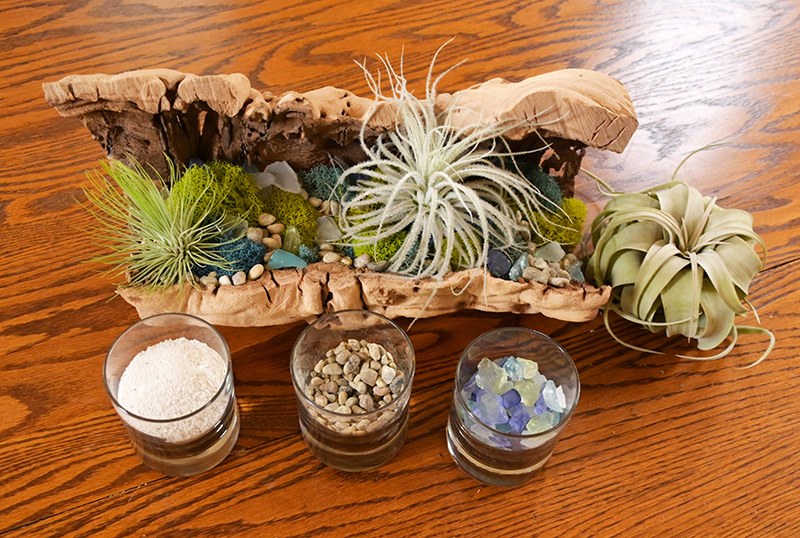
Creative Ideas for Air Plant Decor
Air Plant Terrariums
Creating a terrarium is one of my favorite ways to display air plants. Here’s how you can do it:
- Select a glass container.
- Add decorative stones or sand at the bottom.
- Arrange your air plants creatively.
- Top with moss or additional decorative elements.
- Water and place in a suitable location!
Wall Art with Air Plants
Wall-mounted displays can showcase air plants beautifully. Consider using:
- Wooden Shelves: Attach air plants to shelves with clips or glue.
- Wire Frames: Create a living wall by placing air plants in a wire frame.
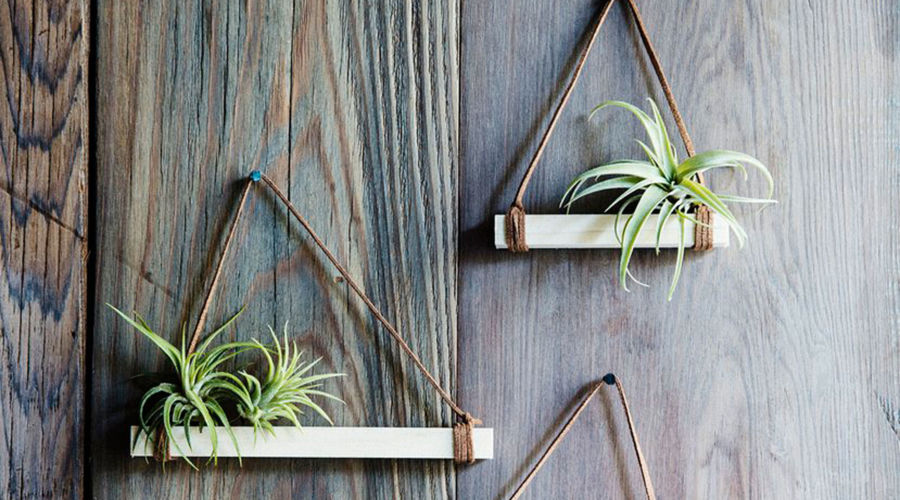
Table Centerpieces
Enhance your dining experience by incorporating air plants into table centerpieces. Combine them with candles, flowers, or other decorative items for a stunning effect.
Choosing the Right Air Plants
Popular Varieties
| Variety | Description | Care Level |
|---|---|---|
| Tillandsia ionantha | Small and colorful; great for beginners. | Low |
| Tillandsia xerographica | Large and sculptural; makes a statement. | Medium |
| Tillandsia caput-medusae | Unique shape; resembles a jellyfish. | Medium |

Where to Buy Air Plants
You can find air plants at local nurseries, garden centers, and online retailers. Here are some recommendations:
- Local Garden Centers
- Online Marketplaces (Etsy, Amazon)
- Specialty Plant Shops
Pros and Cons of Air Plant Decor
Pros
- Low Maintenance: Perfect for busy lifestyles.
- Unique Designs: Endless possibilities for creativity.
- Non-toxic: Safe for homes with pets and children.
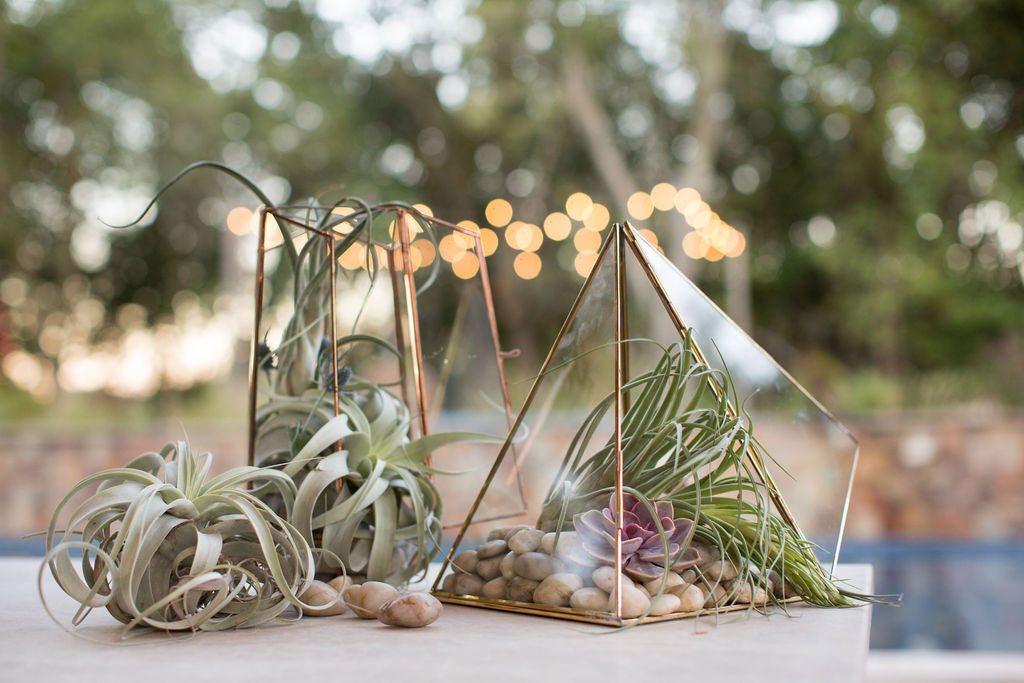
Cons
- Humidity Needs: Some varieties need higher humidity.
- Fragility: Air plants can be delicate and require gentle handling.
- Light Sensitivity: Careful placement is essential.
Air Plant FAQs
How often should I water my air plants?
Water your air plants once a week by soaking them for 20-30 minutes or misting them 2-3 times a week in dry conditions.
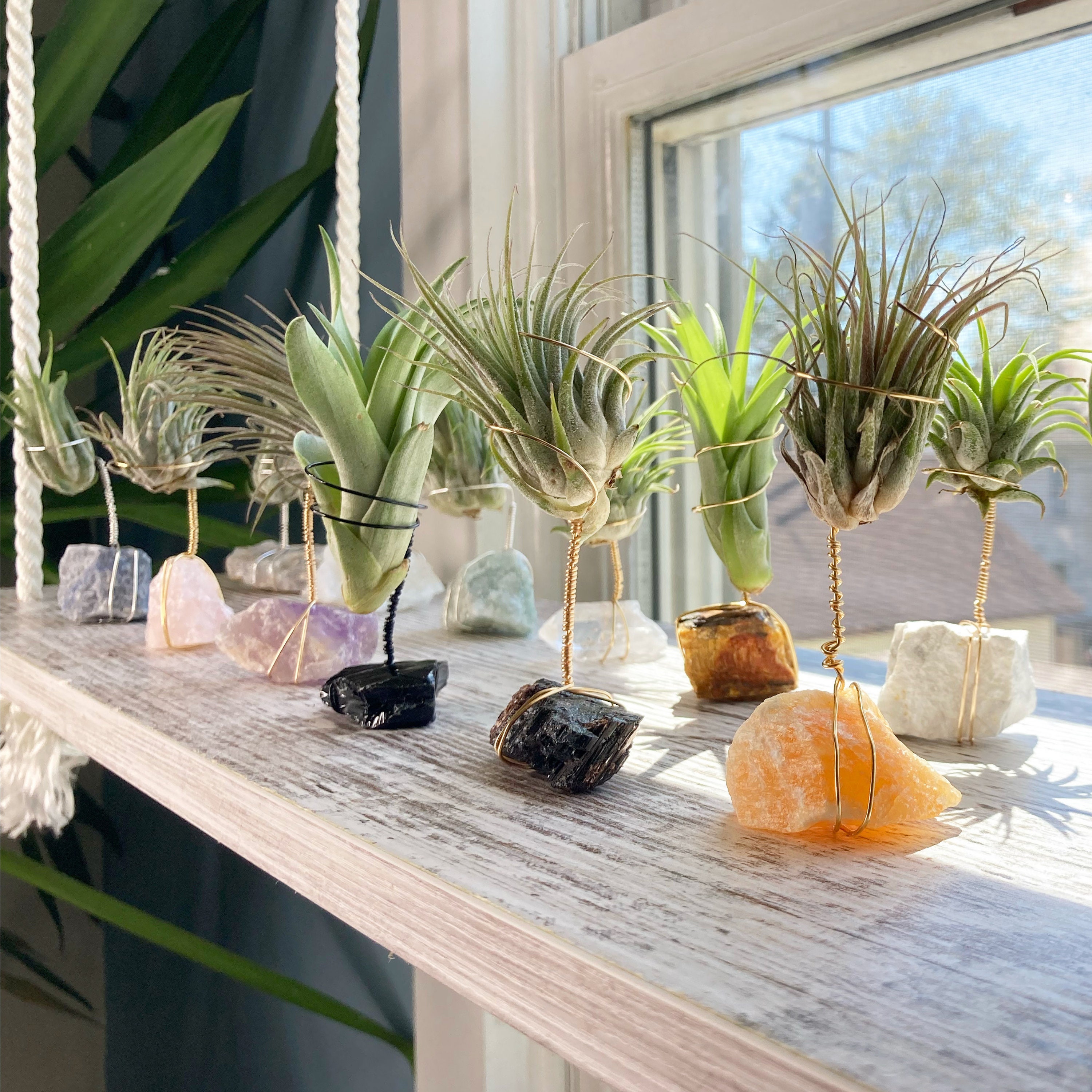
Can air plants grow in direct sunlight?
Air plants prefer bright, indirect sunlight. Too much direct sunlight can damage them.
Do air plants need fertilizer?
Yes, use a bromeliad or orchid fertilizer once a month during the growing season.
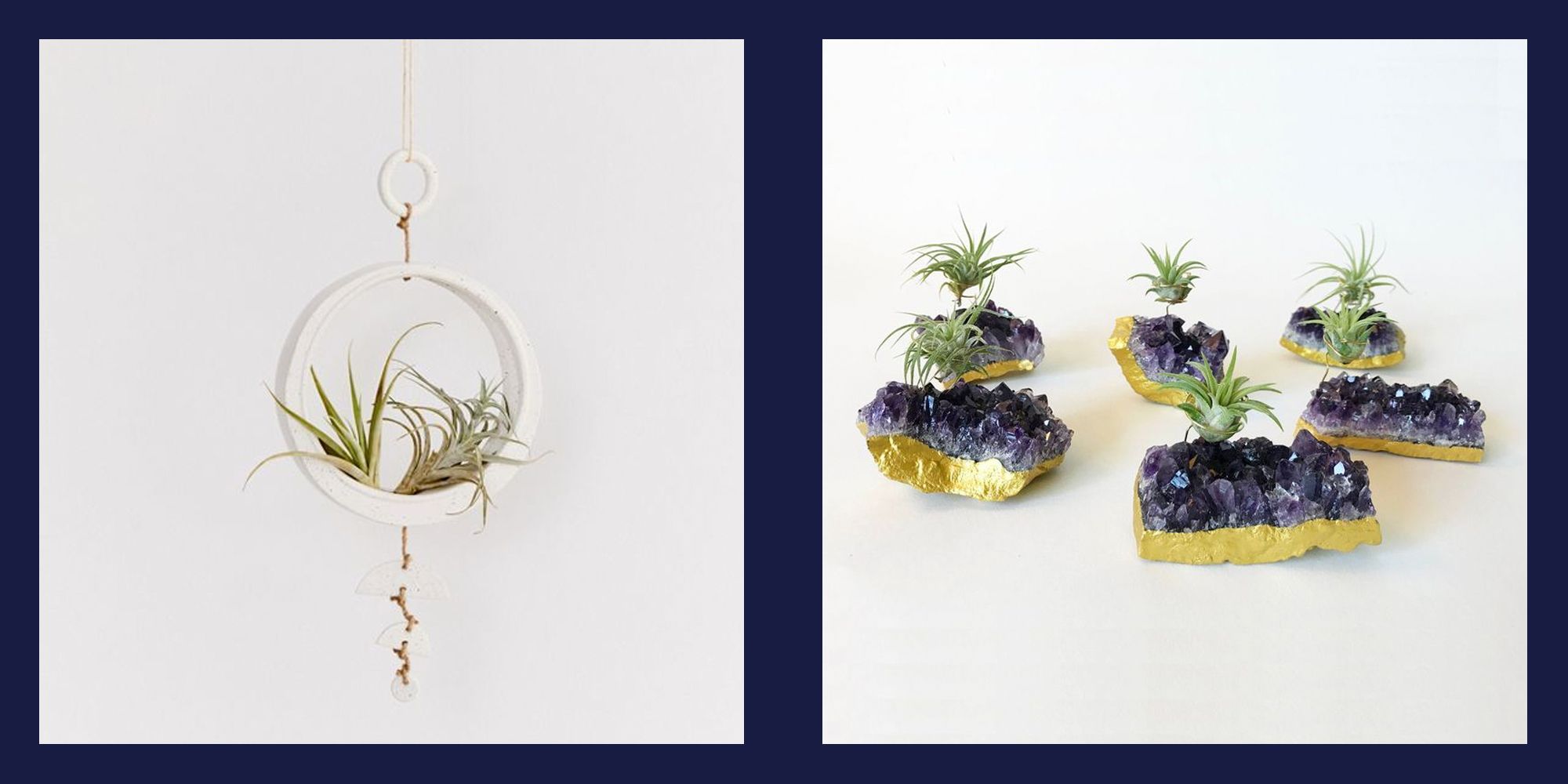
How do I propagate air plants?
Many air plants produce pups (offsets) at their base. Wait until they are about one-third the size of the parent plant, then gently twist them off to propagate.